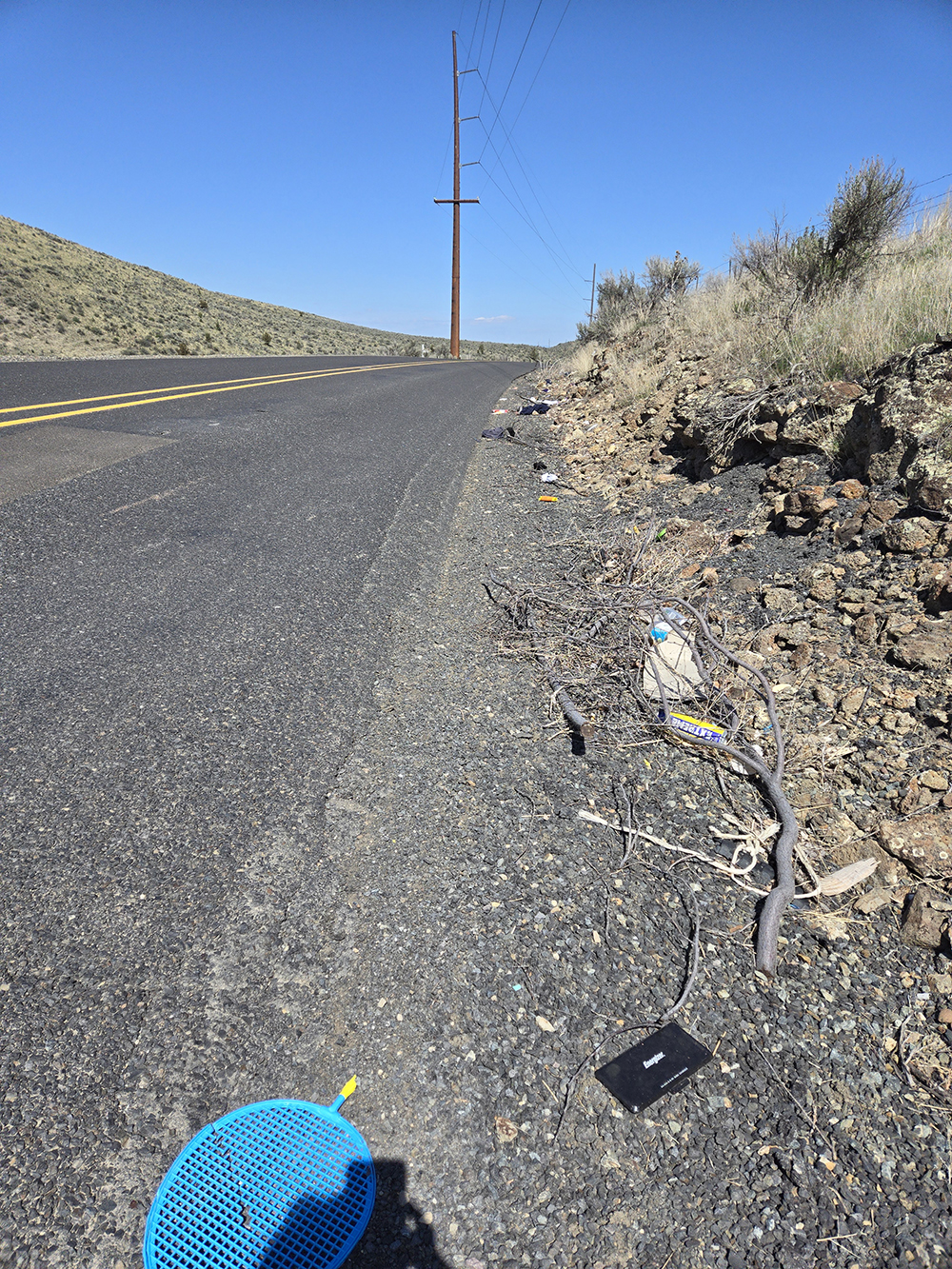The story behind the crypto mistake
Published 5:28 pm Friday, November 4, 2011
We messed up.
Several times during the past 18 months we have reported, in news stories, editorials and columns, that tests of Baker City’s drinking water were negative for cryptosporidium, a parasite that can cause diarrhea and vomiting.
We were wrong.
In fact, three of the 24 water samples taken from April 2010 through March 2011 did contain crypto.
The concentrations, fortunately, were too low to pose a health risk to people.
Nor does the presence of crypto affect the city’s ongoing planning for
installing an ultraviolet light system, at an estimated cost of $2.5
million, that inactivates the parasite.
The federal government mandates that the city deal with crypto regardless of whether it shows up in water samples.
When the city announced in the spring of 2010 that it would begin
testing water for crypto, we were of course interested in what those
tests would show.
At least three times over the next several months, we asked Michelle
Owen, the city’s public works director, about results of the
twice-monthly tests.
She told us that there was no sign of crypto.
Then we learned this week about the three positive tests.
The explanation for the discrepancy, Owen told us on Thursday, is that
while the tests were being done, she looked at some, but not all, of
the lab reports.
She said each of the reports she examined were among the 21 (out of 24 total) that showed no traces of crypto.
Owen said she believed, when she told us that none of the city’s water
samples tested positive for crypto, that she was speaking truthfully.
She said she learned that wasn’t the case late this summer, when the
city compiled the 24 lab reports to send to the Oregon Health
Division’s Drinking Water Program.
Owen said she realized then that three reports – ones she hadn’t read before – indicated small amounts of crypto were present.
Bill Goss, who works at the Drinking Water Program’s Pendleton office,
said he received the package of 24 reports from the city around Sept. 2.
Goss said the city was not required to send individual reports to the
state as they were received from the lab (the city actually hired two
labs: Lab/Cor Inc. in Seattle, and BioVir Laboratories Inc. in Benicia,
Calif.)
Nor is the city required to report the presence of crypto – unlike with
other contaminants, such as E. Coli, the state doesn’t have a protocol
for when cities must notify either the state or the public about
possible crypto contamination, Goss said.
The bottom line: We’ve learned a lesson.
From here on, when gathering information about crypto and other
possible threats to the city’s water, we will insist on receiving
copies of all relevant lab tests so we have the most accurate
information available for our readers.





